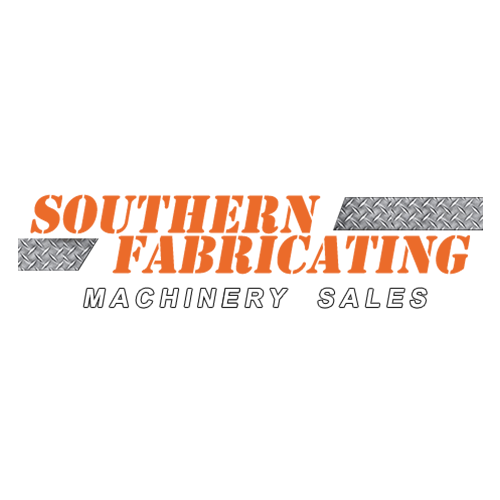
Posted By: Southern Fabricating Machinery Sales | Posted On: August 14, 2018
From Iron to Cash: 6 Tips to Quickly Sell Used Machinery
So, you have an old piece of machinery on your shop floor that you don’t use anymore. Maybe you’ve added a new machine that does the same thing but better, or you’ve switched away from the product lines that required that particular type of fabrication equipment. Whatever the case, you now have a multi-ton paperweight sitting there taking up space and costing you money.
However, the machine was a major investment, and you don’t want to just scrap it because it still has value. So, you decide to sell your used machine to another fabrication shop where it can do some good and earn you a modest return on investment. The problem is that, after putting out a couple of ads for the machine and waiting months, you aren’t getting any offers—or, the offers you do get are for ridiculously low sums that definitely aren’t for what the machine’s worth.
The question is: “How can you sell used machinery quickly while still getting a decent return on investment (ROI) for it?”
Here are a few tips for selling used machinery that can help you out:
1) Think About What Kind of Processes Your Used Machine Can Be Used For
Consider the specific type of machine that you’re selling because that will strongly influence who will have a use for it. Is the machine an electric discharge machining (EDM) center, or a shear, press brake, laser cutter, welding machine, CNC punch, etc.?
Think about which manufacturing processes the machine can be used for, and what kind of manufacturing companies would need equipment that can handle those processes. This can help you focus your efforts on marketing your used equipment to the right kinds of machine shops—ones who are more likely to be interested in buying from you.
2) Clean Up Your Used Machinery
If you were to go to inspect a used press brake, and it was caked in dirt, had grungy-looking lubricant tanks, and generally looked like it hadn’t seen a cleaning rag at any point in the last decade, how impressed would you be by that machine? Odds are, you wouldn’t be impressed. In fact, you’d likely start shopping elsewhere for a machine that looks a little better taken care of.
The same goes for the old equipment you’re trying to sell. You might know that the machine works reliably, but someone who’s looking to buy used machinery can’t take that for granted. If they take a look at a dirty, unkempt machine, they’re going to assume that it has major issues and that it’s not worth adding to their shop floor.
So, be sure to clean up your used machinery so anyone who inspects it will be impressed by its condition instead of repulsed by it.
3) Take Lots of Photos to Put Online
After you’ve cleaned your machine, you should take a ton of pictures of it to share online. Having pictures that show off the good condition of your used equipment can help to generate interest when you share them online—as well as helping potential buyers overcome fears about the condition of your used equipment.
Try to get establishing shots of the machine you’re selling in your shop floor, along with close-up pictures of various critical components, such as the lubrication system, the control/electrical cabinet, and any moving components. If you can, take some videos of the machine in operation so potential buyers can see how it works.
4) Build a Network of Contacts You Can Reach Out To
If you’re selling used machinery on your own without any help, it’s important to have a large network of contacts who you can reach out to. The larger your network of contacts is, the more likely it is that one of them will be interested in buying your used machine (or will know someone else who is interested).
This is something that you should do well before you start trying to sell used machinery. Instead, networking is the kind of task that you should work at as often as you can so you have a network of contacts for when you need them. If you wait until you have a machine to sell to start this process, it will be too late.
5) Make Sure the Used Machine You’re Selling is “Free and Clear”
If you want to sell a piece of used machinery quickly, you’re going to want to make sure that it is free and clear first—meaning that there are no equipment liens, unexpected fees, unpaid loans, or other nasty surprises attached. Buyers are getting more savvy every day thanks to unlimited internet access, which lets them research everything they need to know.
Savvy used equipment buyers will want to double-check with you to ensure that the used machinery they’re buying from you can’t be repossessed by a bank or other company as collateral. If there are outstanding liens/loans against the machine, then another machine shop won’t want to buy it.
So, be sure to get the machine released from any existing liens or loans before you start putting ads out there for others to buy it.
Aside from potential liens and loans that may be applied against the machinery you’re selling, be sure to run a thorough inspection of the machine to make sure it’s in proper working order and that it can be operated safely.
6) Consider Hiring a Qualified Machine Tool Sales Company to Help
A used machine tool sales company, such as SFMS, typically already has a large network of contacts with different machine shops, fabrication shops, molding shops, new equipment and used equipment dealers, around the country and numerous other resources to help you sell used machinery faster and for a better return on investment than you would be able to on your own.
Hiring a professional used machinery reseller can also help you avoid some of the pitfalls of a “private party” sale that could leave you on the hook for various liabilities.
When using a third-party reseller such as SFMS, you have two distinct options for selling your used equipment:
- Immediate Purchase. Here, the reseller buys the used equipment directly from you, providing quick cash and helping you clear the old machinery from your shop floor ASAP.
- Consignment Sale. Rather than selling directly to SFMS, you can let us detail, list, advertise, and market your used equipment while it remains on your floor. This takes a bit more time but often results in a larger return on investment than an immediate purchase.
An immediate purchase is often best when you need cash or have to clear your shop floor right away, whereas consignment sales are better for when you’re interested in maximizing your ROI and time isn’t necessarily the biggest factor.
Need help selling used machinery that you no longer need? Contact the experts on the SFMS team for assistance and advice! We do it all day, everyday and can help you quickly maximize your return on your investment.






